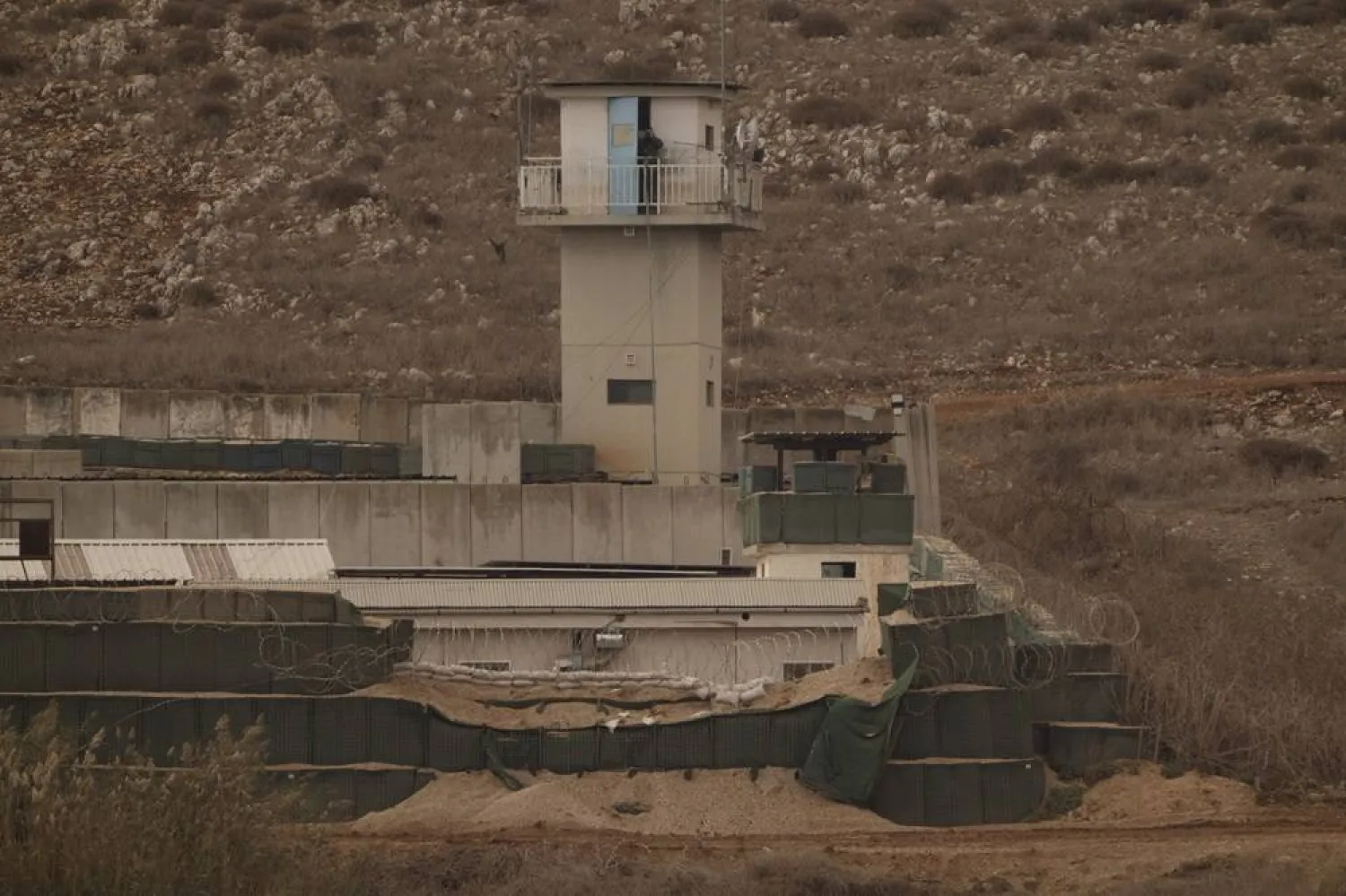A UN peacekeeping patrol in Lebanon comprising French troops came under fire on Tuesday, France's foreign ministry said, adding that none of its forces were wounded in the incident.
It did not say who was responsible for the shots, but stressed that the safety and security of United Nations personnel, property and premises must be ensured.
"France reiterates that it is imperative that UNIFIL be able to exercise its freedom of movement so that it can fully implement its mandate," the foreign ministry said in a statement on Wednesday.
This came as four UN Interim Force in Lebanon (UNIFIL) members were wounded in southern Lebanon on Tuesday when a rocket struck a base, while another peacekeeping base was damaged by rocket fire and a patrol was shot at.
In a statement, the UNIFIL said "a rocket, likely fired by non-state actors within Lebanon," struck the base of the Ghana's mission in the east of Ramyah village, injuring four peacekeepers, three of whom required hospitalization.
In the southern village of Chamaa, where heavy fighting between Hezbollah and the Israeli army has been taking place, five rockets damaged UNIFIL’s Sector West Headquarters. The UN force said this was the second attack on the base in a week, adding that no injuries were reported.
In another attack, an armed person "directly fired" at a UNIFIL patrol near Khirbat Silim, but there were no injuries, the statement said.
UNIFIL added that it launched investigations into each of the violent episodes and informed the Lebanese army about them.
"UNIFIL once again reminds all actors involved in the ongoing hostilities to respect the inviolability of United Nations peacekeepers and premises," the statement said.
Italy said eight rockets struck the headquarters of its UN peacekeeping contingent in southern Lebanon. No one was injured.
According to the Italian defense ministry, the eight 107-millimenter rockets hit outdoor areas and a warehouse at the base in Chamaa, where no soldiers were present. Five soldiers were being kept under observation, the statement said.
Italy said it was investigating from where the rockets originated, and who was responsible.
It was the second time in a week that Italy has complained about rockets or shells hitting its peacekeepers' base.
Last week, Foreign Minister Antonio Tajani spoke with his Israeli counterpart to demand an investigation after an artillery shell hit the gym on the base. No one was injured in that episode and the shell did not detonate.
Also on Tuesday, the Israeli military said another UN peacekeeper's position was hit by a Hezbollah rocket, causing damage and "several injuries."
The army said it had received a report from UNIFIL that a post in the area of Ramyeh in southern Lebanon was hit.
The military said it conducted a review and determined the location was hit by a Hezbollah rocket fired in a barrage aimed at Israel. There was no immediate comment from UNIFIL on the episode.









